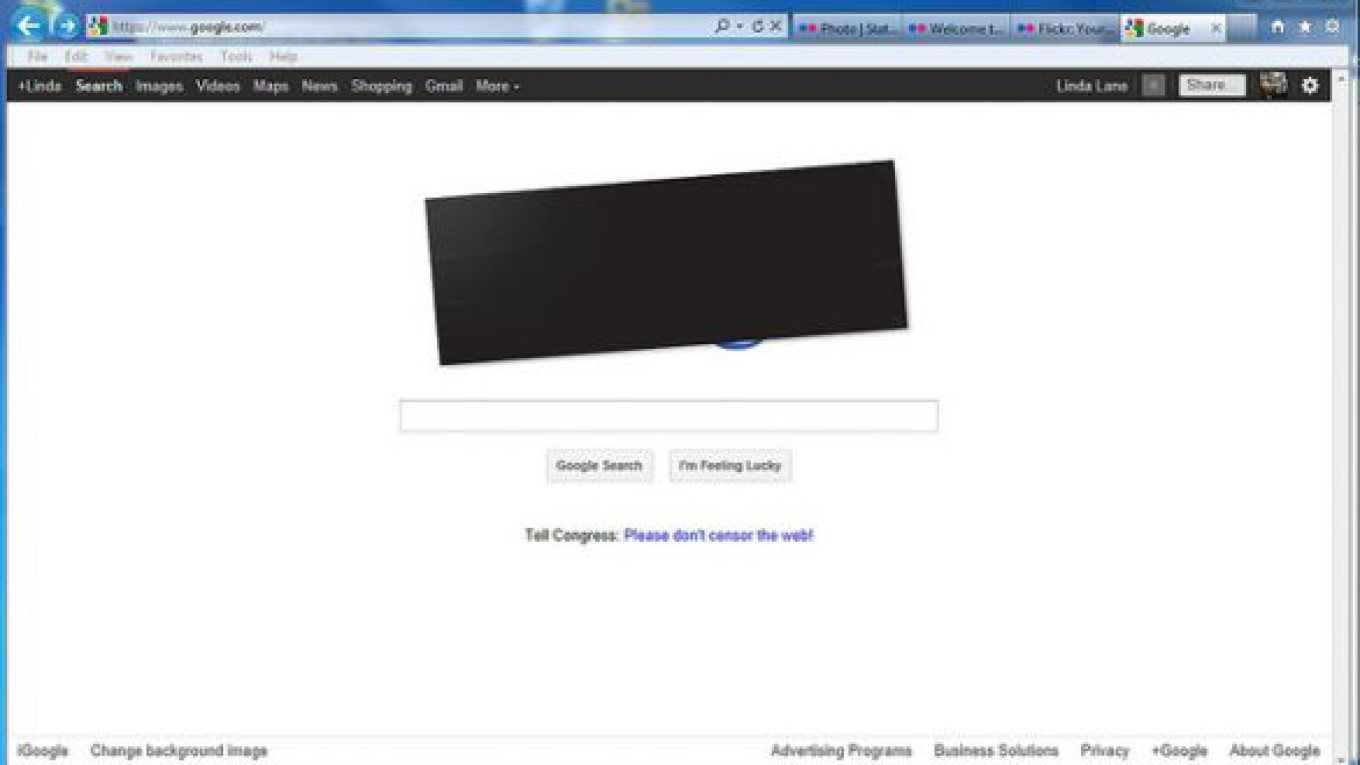While Russia saw access to the Internet grow and the Web take hold as a platform for political commentary and organization, state censorship of online content and prosecutions for online activity increased between 2012 and 2013, a report published Thursday found.
In its yearly "Freedom of the Net" ranking, independent watchdog Freedom Net concluded that the Russian Internet was "partly free," comparable to a number of Asian, African and South American countries.
Its score worsened by two points over the course of the year from 2012 to 2013, a move that largely reflected judicial reforms that have prompted blocking access to websites and entire IP addresses, which is "the most common means in Russia to restrict user activity on the Internet," the report said.
The number of websites blocked by the Justice Ministry under a 2002 law against "extremist" material rose 60 percent between January 2012 and February 2013, from 1,066 to 1,704.
The definition of "extremism," which has been criticized for its vagueness and includes "xenophobia" and "incitement of hatred towards a social group," has in several cases been used against critics of law enforcement and the ruling United Russia party.
Furthermore, "the Internet blacklist law" that went into effect Nov. 1, 2012 has given the Federal Mass Media Inspection Service the power to unilaterally determine whether online content is legal and block it without judicial oversight.
Extrajudicial pressure has also become more common with police and officials from the General Prosecutor's Office often calling website administrators with demands to remove content. Self-censorship has also risen due to administrators' fear of ending up on the poorly understood "blacklist."
Criminal prosecution for online activities increased as well, from 38 cases in 2011 to 103 cases in 2012, primarily with reference to the anti-extremism law.
The political opposition continued to employ social networking sites Vkontakte, Facebook, and Twitter to organize protests and spread information and opinions but faced constant state surveillance and pressure, especially in the regions beyond Moscow and St. Petersburg, the report said.
A Message from The Moscow Times:
Dear readers,
We are facing unprecedented challenges. Russia's Prosecutor General's Office has designated The Moscow Times as an "undesirable" organization, criminalizing our work and putting our staff at risk of prosecution. This follows our earlier unjust labeling as a "foreign agent."
These actions are direct attempts to silence independent journalism in Russia. The authorities claim our work "discredits the decisions of the Russian leadership." We see things differently: we strive to provide accurate, unbiased reporting on Russia.
We, the journalists of The Moscow Times, refuse to be silenced. But to continue our work, we need your help.
Your support, no matter how small, makes a world of difference. If you can, please support us monthly starting from just $2. It's quick to set up, and every contribution makes a significant impact.
By supporting The Moscow Times, you're defending open, independent journalism in the face of repression. Thank you for standing with us.
Remind me later.


